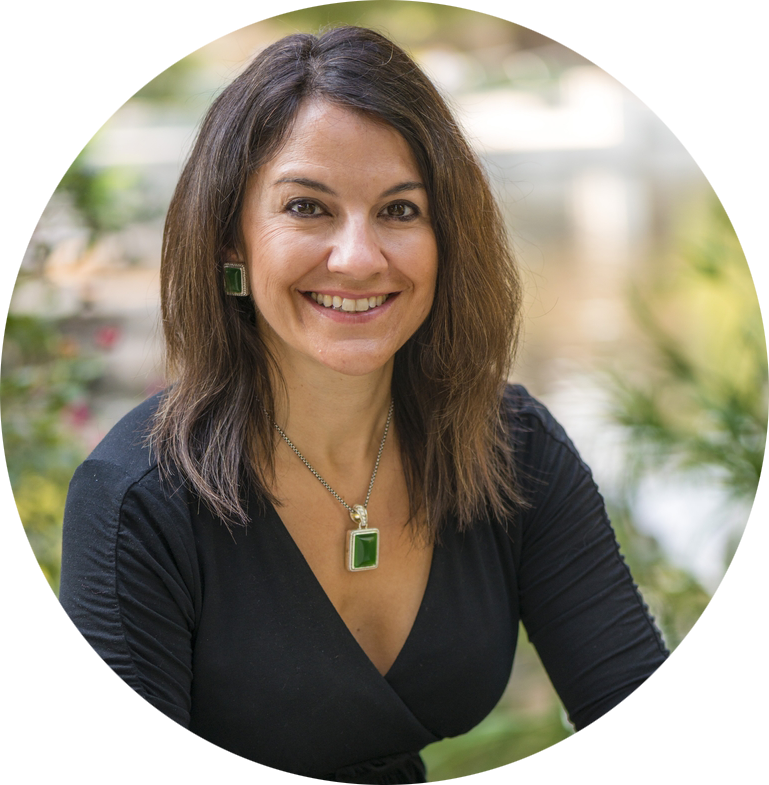“Were you happy you woke up?”
It’s a question my boss taught me to ask people that came into our clinic, a 24-hour, 7-day a week, 365-days-a-year free Crisis Clinic. Many that walked through the door presented with suicidal ideation (S/I), or had made previous unsuccessful attempts.
This particular client was a young Hispanic female, maybe mid-20s, with a history of past attempts, the last one being an overdose of prescription pills. It was one of my first S/I cases, and I wanted to make sure I did everything right. As I staffed the case with my boss, she asked if I asked the client if they were happy they woke up after last attempt. I hadn’t even thought to ask.
Some of the questions we were trained to ask clients who expressed suicidal ideation included the following:
- Are you planning to kill yourself?
- How are you planning on killing yourself?
- Have you tried to kill yourself in the past?
- How did you try and kill yourself?
Notice the words “kill yourself.” We didn’t use “hurt” or “harm” or “do something” – we were trained to look people straight in the eye and use the word “kill.” We were also trained to say it in regular conversation voice, as if we were asking them what they ate for dinner last night, or who happens to be their favorite celebrity crush of the week.
But asking someone if they were happy when they woke up? That wasn’t part of my “formal training.”
“Go ask her,” my boss said. “See what she says, then take it from there. But always, always ask that question, and document the answer. Her answer will change how you treat and approach this case. It personalizes it beyond the ‘checklist’ questions.”
I went back to the room, monitored now by a co-worker (standard protocol for a person with S/I). I asked the client again about her past attempts, then asked her to think about the very last time: when she woke up in the hospital, was she happy to wake up?
She hesitated for a long time, staring at the floor, then looked at me. “Yeah. Yeah I was happy to wake up,” she said. “I was glad it didn’t work. My mom was sitting there crying and I’ll never forget it.”
Turns out no one had ever asked her that particular question. I told her how happy I was that she came to get help for herself today and how I wanted her to wake up tomorrow. We talked about her current plan to kill herself. She was feeling depressed and hopeless but was also, what we call in clinical terms, futuristic. She wanted to feel better but talked about upcoming events she needed to attend, school she wanted to finish, things she wanted to accomplish. Her depression was untreated and unmanaged
Our clinic staff put her on the road to treatment. I told her how happy I was that she sought help and how I wanted her to wake up tomorrow in her home, not in a hospital, or worse….to successfully complete the suicide and not wake up at all.
I now always, always ask clients that express S/I or have attempted to kill themselves in the past if they were happy they woke up. It starts a rich conversation and explores areas to apply to a treatment plan. We examine days that they were happy when they woke up, what was going on that particular day, and if they don’t feel happy now…..what do they need to do to get there, or what do they want to be different? We implement safety plans to remove means from their environment.
Sometimes, one simple question can make a huge difference. We just need to ask.



Recent Comments